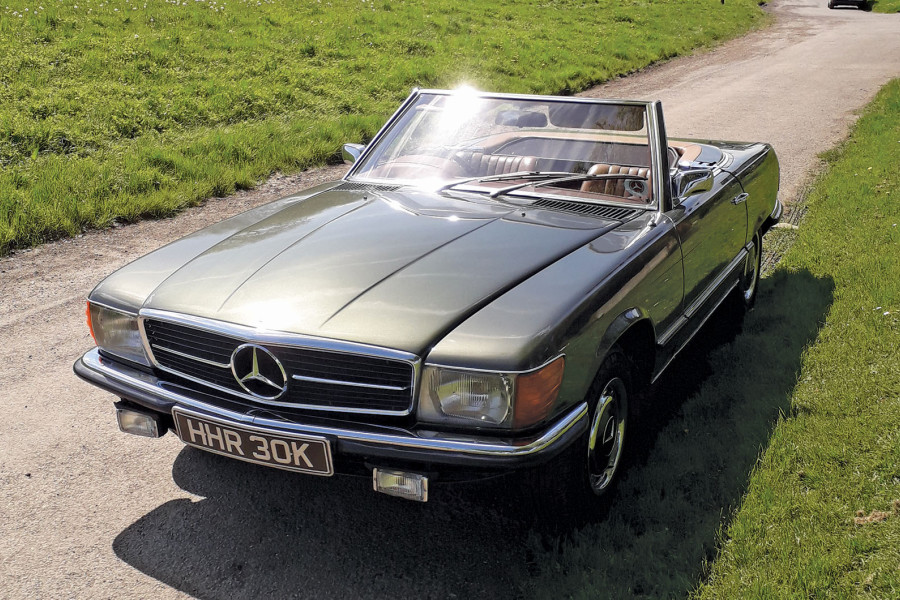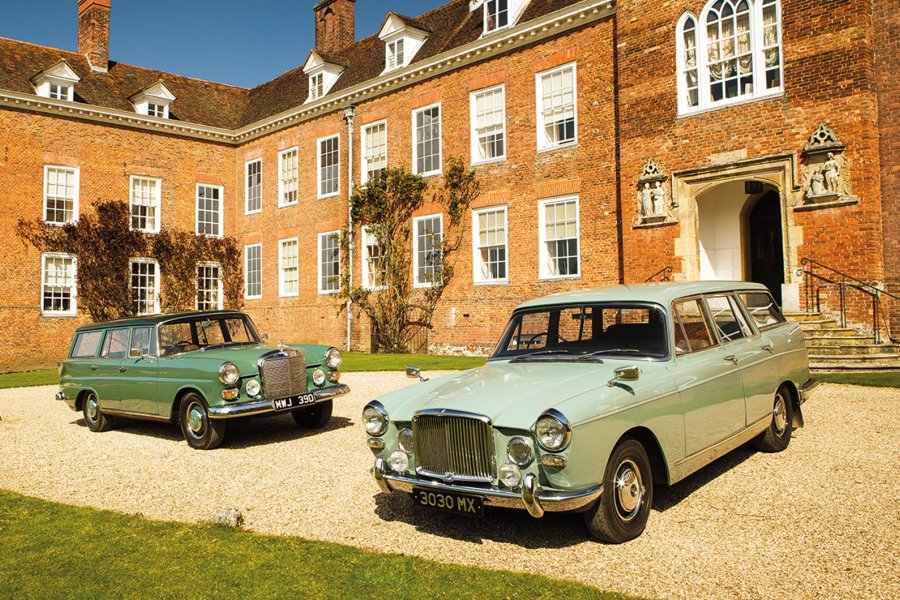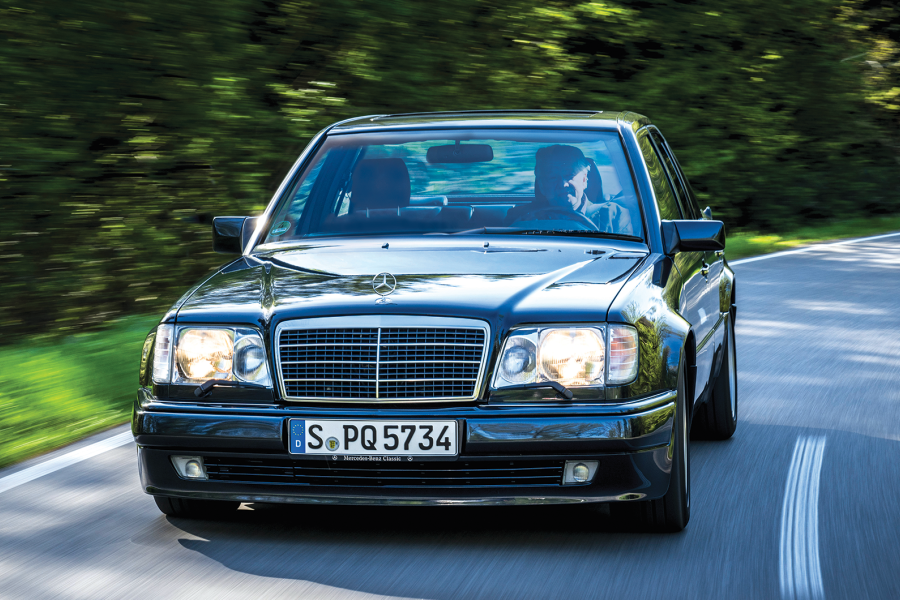
There’s something strangely menacing and distinctly film noir about the Mercedes-Benz 600.
It’s difficult to even look at one without imagining that hydraulically-assisted boot snapping shut on you like a gin trap, tyres slithering on the rain-soaked cobbles of an Eastern European capital as you’re spirited off into the night.
But while the Grosser Mercedes proved a firm favourite of every tinpot dictator and third-world despot, from the cannibalistic Idi Amin to the war-mongering Saddam Hussein, it wasn’t solely the preserve of tyrants and fascists.
For the celebrity in the 1960s and ’70s, nothing announced your arrival quite like this ostentatious Benz. Notable owners who didn’t subjugate entire peoples included peace-loving beatnik John Lennon, fashion icon Coco Chanel, and even a silk-robed Hugh Hefner; whether you wanted Bunnies in the back or dissidents in the boot, it was the ultimate status symbol throughout its 18-year production run.

The Mercedes-Benz 600 was beloved of both dictators and celebrities














